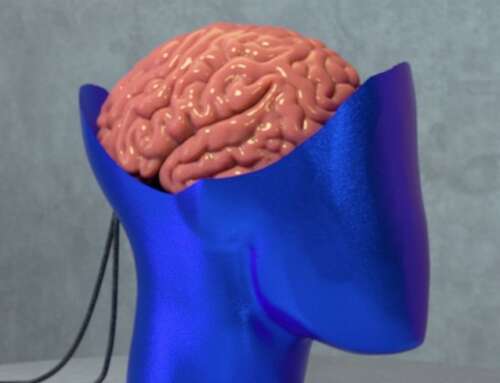For most people, playing video games is a harmless hobby. For some people however, video games can become an obsession, leading to a number of addictive tendencies including the preference to play games rather then engaging in regular activities. Unfortunately there is a lack of reliable studies examining video game addiction and so little is known about the condition, and the scientific community have failed to even reach an agreement as to where to draw the line between playing video games and being addicted to video games.
The International Gaming Research Unit of the United Kingdom recently completed a survey of 7,000 video game players and found that around 10% showed signs of addiction. These results were supported by a study at the Media Research Laboratory in the United States of America who concluded that 8.5% of adolescents could be categorised as addicted to computer games. Further studies in China and Spain generally agree with these figures.
It is stressed however that the majority of people who play games do not go on to develop problems, and parents should not panic if their child regularly plays computer games. Parents are advised to keep an eye on their children, and if video games have a significant impact upon their children’s lives, such as if playing games causes their children to miss school or have major relationship problems, they should seek assistance.
The transcript of a radio show discussing game and internet addiction can be found at www.abc.net.au.
Writer Tristan Boyd, Editor Ramesh Manocha.







Video games addiction is really one of the serious problems today, especially for teens. I think players must know that everything should be taken in moderation, even playing those video games. I would like to share a link which can also be helpful to dear parents who are concerned with their children’s gaming addiction. Here is the link for reference: http://www.getmyarticles.com/articles/Internet/PARENTING_THE_AVID_GAMER_219068.html
It is interesting how society latches onto the problems associated with new activities. Like rock and roll and TV. I am sure we remember how these were going to have devastating effects on our youth. I guess reading became a problem when books were first published. People found some huddled away with their nose stuck in a book, not communicating, not mixing, recluses and depending on what they read, coming up with odd ideas and opinions.
The new technolgy will have its downsides when measured against current cultural habits some more of an issue than others but it is here and as we change and it becomes the norm, the storming will subside and the norming will come along with the performing.
It is still strange to some that we do not still have the town crier but rather have a newspaper delivered or use the Internet.